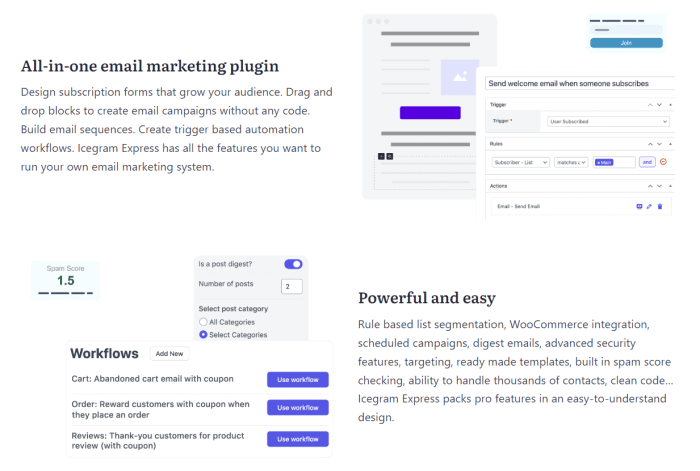Which of the following statements is true of on-demand marketing? This question has become increasingly relevant in today’s digital landscape, where consumers expect personalized and immediate access to information and products. On-demand marketing, a customer-centric approach, has emerged as a powerful tool to meet these demands, offering businesses numerous advantages and opportunities for success.
In this comprehensive guide, we will delve into the intricacies of on-demand marketing, exploring its key characteristics, benefits, methods, challenges, and integration with other marketing channels. We will also discuss emerging trends and innovations, providing valuable insights into the future of this dynamic field.
1. Definition and Overview

On-demand marketing is a customer-centric approach that involves delivering personalized and relevant marketing messages to consumers in real time, based on their specific needs and behaviors. It empowers businesses to engage with customers at the right time, with the right message, through the right channel.
Key characteristics of on-demand marketing include:
- Personalization: Tailoring messages to individual customer preferences and behaviors.
- Real-time responsiveness: Delivering content instantly based on customer actions or triggers.
- Multi-channel integration: Utilizing various channels to reach customers across different touchpoints.
- Data-driven insights: Leveraging customer data to understand their needs and deliver relevant experiences.
Examples of on-demand marketing campaigns include:
- Personalized email campaigns based on customer purchase history or browsing behavior.
- Real-time chat support that provides immediate assistance to customers with questions or concerns.
- Social media advertising that targets specific audience segments based on their interests and demographics.
2. Benefits and Advantages: Which Of The Following Statements Is True Of On-demand Marketing

On-demand marketing offers numerous benefits for businesses, including:
- Increased personalization: Tailoring messages to individual customers improves engagement and conversion rates.
- Improved customer engagement: Real-time responsiveness fosters stronger relationships and enhances customer satisfaction.
- Enhanced brand loyalty: Personalized experiences create a positive brand perception and increase customer loyalty.
- Optimized marketing spend: Data-driven insights enable businesses to target the right customers with the most effective messages, maximizing ROI.
Case studies and success stories demonstrate the positive impact of on-demand marketing:
- Netflix’s personalized movie recommendations increased customer engagement and reduced churn.
- Amazon’s real-time product recommendations boosted sales by 35%.
- Starbucks’ mobile app loyalty program increased customer visits and spend by 20%.
Popular Questions
What is the primary goal of on-demand marketing?
The primary goal of on-demand marketing is to provide customers with immediate access to personalized and relevant content and experiences, meeting their specific needs and preferences in real-time.
How does on-demand marketing differ from traditional marketing?
On-demand marketing differs from traditional marketing by focusing on delivering content and experiences that are tailored to individual customer needs and preferences, rather than relying on mass marketing campaigns that target a broad audience.
What are some examples of successful on-demand marketing campaigns?
Examples of successful on-demand marketing campaigns include Netflix’s personalized movie recommendations, Spotify’s curated playlists, and Amazon’s same-day delivery service.
